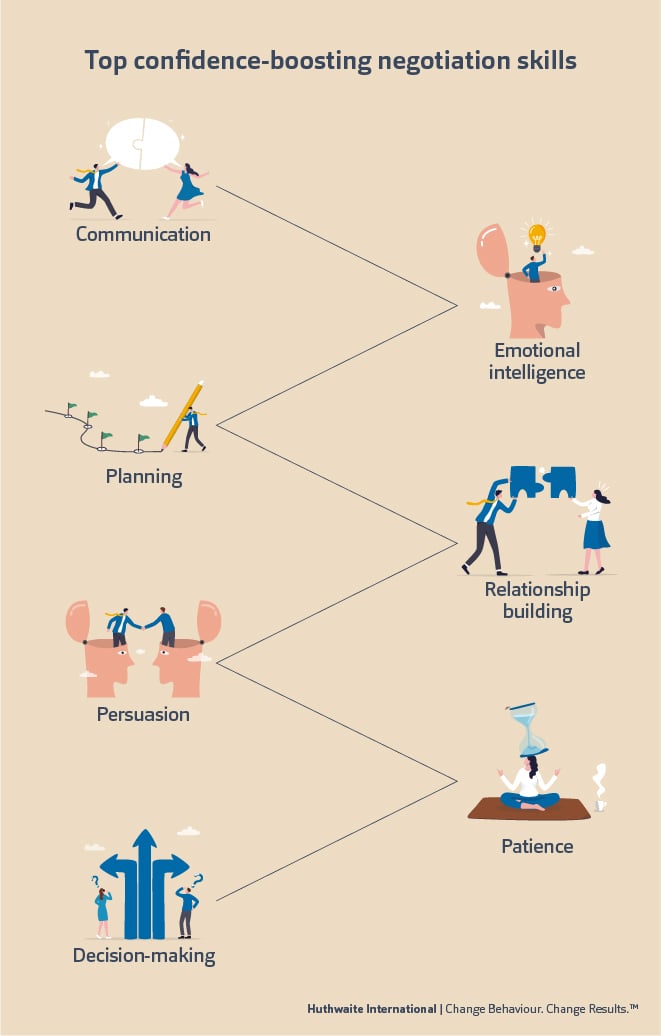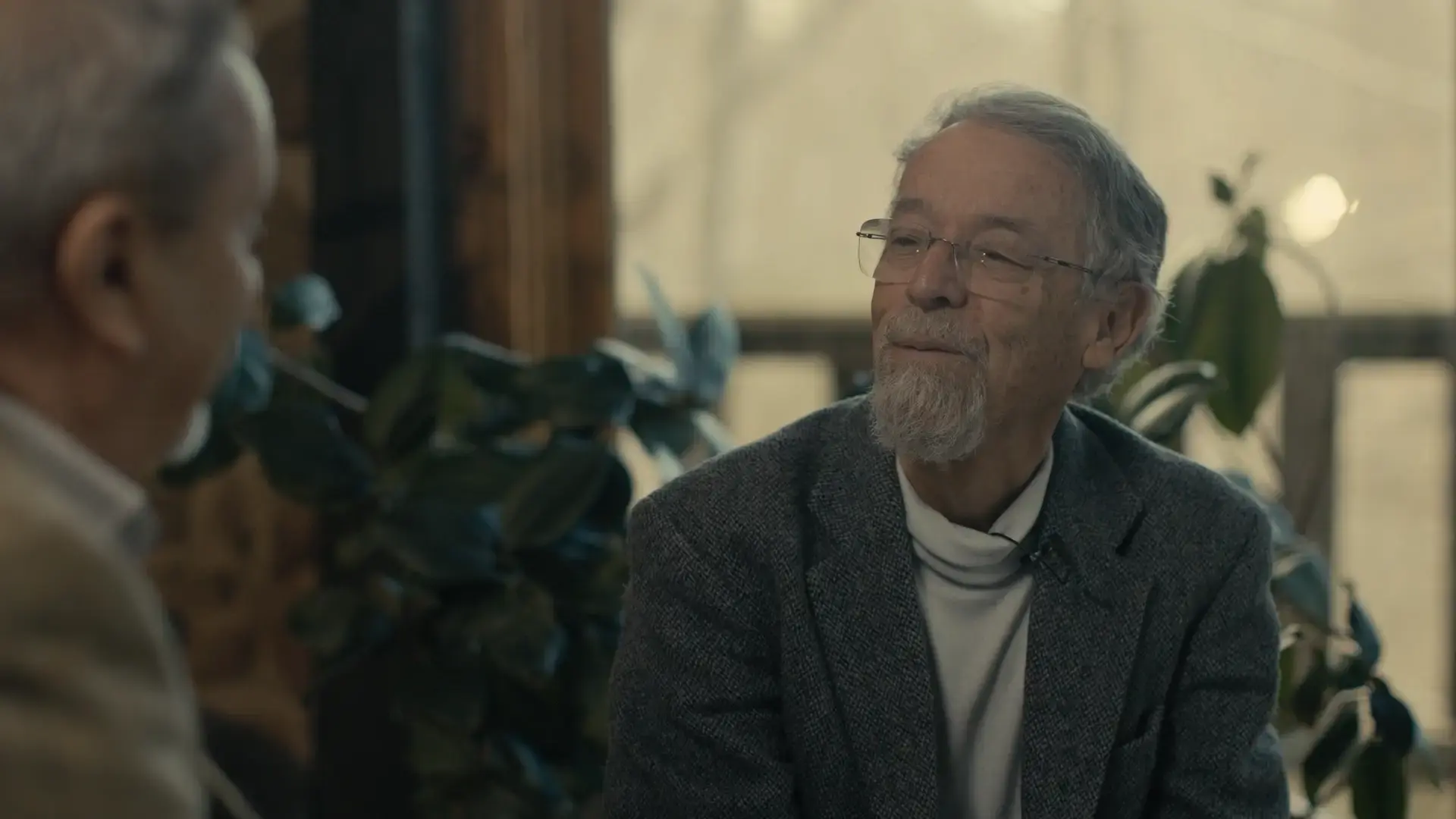Successful negotiators have one aim: to win the best deals, and confidence is a key negotiation skill that plays a critical role in getting deals over the line.
According to our research report, ‘How well are you negotiating?’, only 19% of negotiators who aren't confident are successful in achieving their targets. And those who feel neutral see an even lower rate of success, with only 16% of them succeeding.
Develop your negotiating skills with transferable insights from our report, ‘How Well Are You Negotiating?’.
Which other negotiating skills are essential for successful outcomes?

Our research reveals that successful negotiators build confidence through preparation and planning, strategies and tactics, and the use of effective behavioural skills.
Other key factors influence a successful negotiation outcome, such as:
- Asking questions
- Testing Understanding
- The use of Counterproposals
- Avoiding the use of Irritators
However, there are other negotiating skills you need to master. These include:
Communication
One must-have skill in negotiation is effective and clear communication. The ability to effectively engage in a clear, conducive discussion is fundamental to reaching a satisfactory outcome which suits everyone.
During the negotiation process, both parties need to share their ideas and thoughts productively to reach a fair compromise.
Emotional intelligence
Participants need to understand how the emotional dynamics are unfolding during the negotiation process.
While the term “emotional intelligence” has been bandied around for the past few years, the key focus should be on observing people’s verbal behaviours in order to understand them and their position within the negotiation. EQ (or emotional intelligence) encompasses skills such as empathy, self-awareness, interpersonal effectiveness, and emotional regulation.
Focusing on these behaviours will help to guide the discussion in your favour and facilitate a successful outcome.
Planning
The adage “fail to prepare, prepare to fail” rings true in the context of negotiations.
Planning is an essential negotiation skill; you should never enter a round of negotiating without a strategy in place.
Enter the negotiations by asking yourself, “What’s my target outcome?” If you don’t have an expectation going into the meeting, then this makes it difficult to gauge whether you’ve accomplished your objectives.
Persuasion
Persuasion is an indispensable negotiation skill. Because let’s face it, if you can’t convince the person sitting across from you that your argument holds weight, an agreement won’t be made.
Patience
Patience isn’t only a virtue; it’s a key negotiation skill that you need to master.
The most successful negotiators can endure sustained periods of back and forth, as both parties try to reach an agreement. That said, there does come a point when it’s suitable to apply a degree of assertiveness.
Of course, not all negotiations are concluded within the same period; some are wrapped up quickly, whereas others can take a while to finalise.
Some negotiations may drag on and take longer to finalise. Rather than seeking a quick conclusion that may not be in the organisation’s best interest, a good negotiator must practise patience to reach the most desirable conclusion.
Decision-making
If you want to establish yourself as a top negotiator, you need to grab the bull by the horns, act decisively, and do your utmost to arrive at a conclusion that’ll suit you and your business – while keeping in mind that the other party could be using the same tactic. After all, negotiating is about finding a solution that appeases both sides.
Remember, when you’re locked in negotiations, the opposite party will be trying to exploit any perceived weaknesses they think you may have, so don’t overthink or drag your feet when it matters – your indecisiveness could be the difference between reaching your desired outcome or coming away empty-handed.








